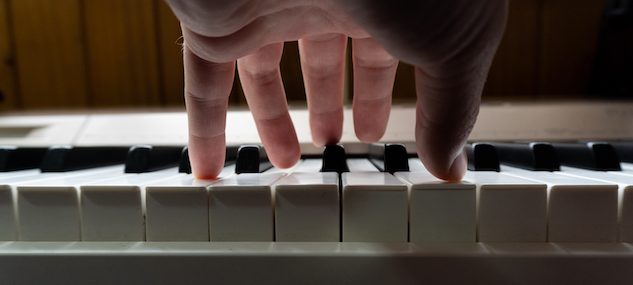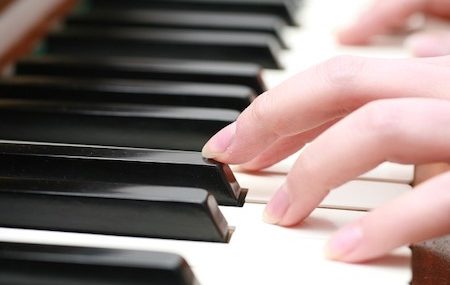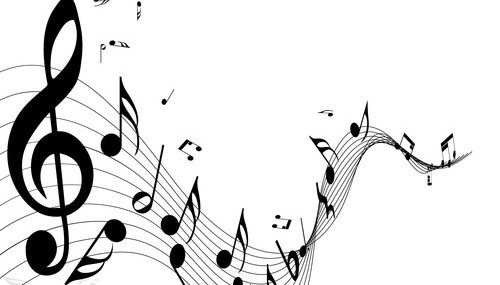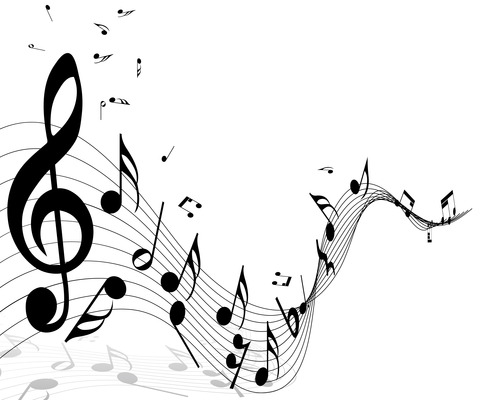If you’ve never had experience playing the piano before, one of your first questions might revolve around practice. How much practice do you need to actually make music? Is it necessary to practice the piano each day to be good at what you do? How much time each day? What does daily practice really mean?
The first step is to understand that your daily practice isn’t a chore. Instead, it’s a way to do what you love, and improve a little bit each day. You can do this over and over again, reaching new goals, and improving your ability. To enjoy what you do along the way.
What’s your goal?
If we ask a hundred beginning piano players what their goals are, we’d likely hear a hundred different answers. Playing recreationally is different than wanting to make piano playing a career. And while you might see your desires change the more you play, knowing early on will help you establish a better practice routine.
A recreational goal might mean you wish to play a specific song, or recreate music from your favorite band. You might use it as a stress reliever, playing in the evenings as a way to calm down after work.
Higher achieving goals might include pursuing music when you go off to college. You have dreams of playing in a band someday. Or you might want to enter piano contests to continually test your skills.
The more you play, the more you might find these goals change. But starting out understanding your wishes and desires can give you something to reach for. And that can keep you playing each day.
What can you do with consistency?
Someone who’s recently retired can easily make more time for their big dreams than someone with a family and a full time job. Be realistic. Can you commit to practicing three nights a week for thirty minutes?
The key to better playing is to create consistency. If you tell yourself you’ll do it when you have time, you’ll likely push off playing indefinitely.
It’s also better to establish practice goals for each session rather than assigning time limits. Choose to play a song you love each night. Give yourself a goal of practicing new music a few times each week. You don’t have to learn the entire song in one sitting. Section it off, learn it piece by piece, and put it together when you feel confident about your ability. This can also drive you to reach for bigger goals, so it’s a win/win.
Practicing the piano isn’t something you should ever dread. Instead, it’s something you should do for you. To make you happy. To relieve stress. To enjoy.



 At first he loves it. However, once the new wears off, you may find yourself facing a child that does not want to practice anymore. He may have grown bored with the instrument, he may have hit a plateau in his studies, which is preventing him from reaching the next skill level, or he may simply not be in the mood to practice.
At first he loves it. However, once the new wears off, you may find yourself facing a child that does not want to practice anymore. He may have grown bored with the instrument, he may have hit a plateau in his studies, which is preventing him from reaching the next skill level, or he may simply not be in the mood to practice.
